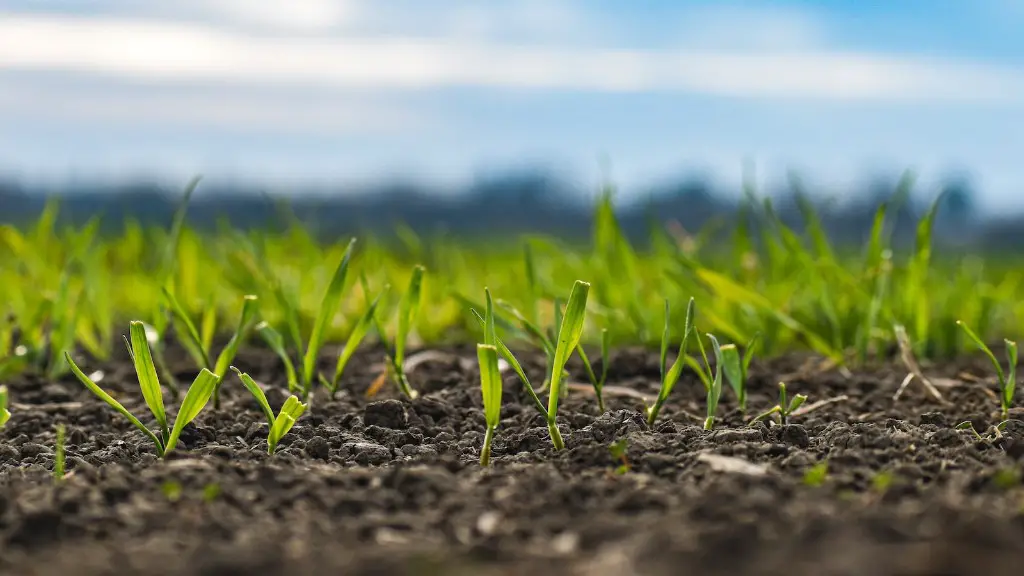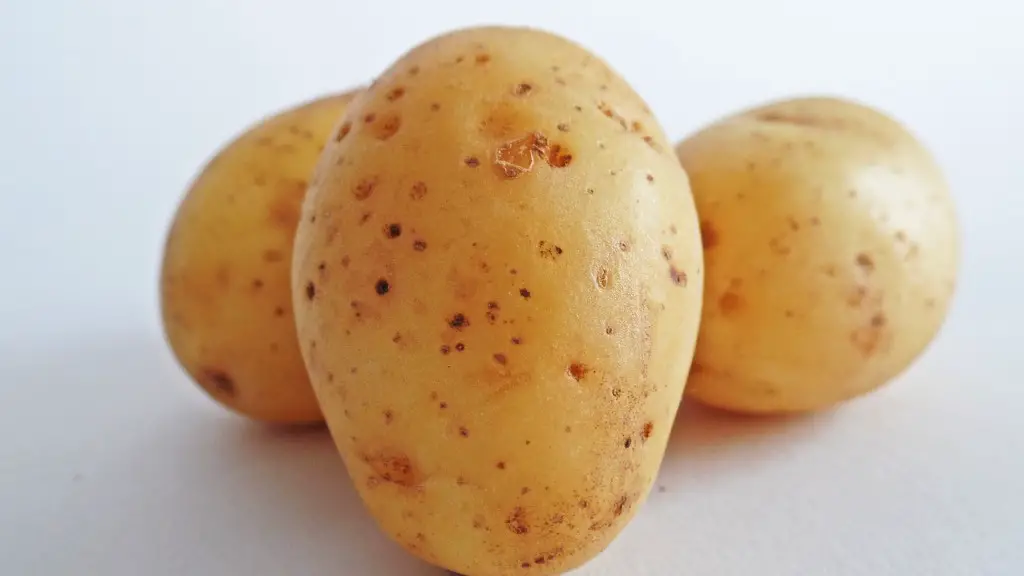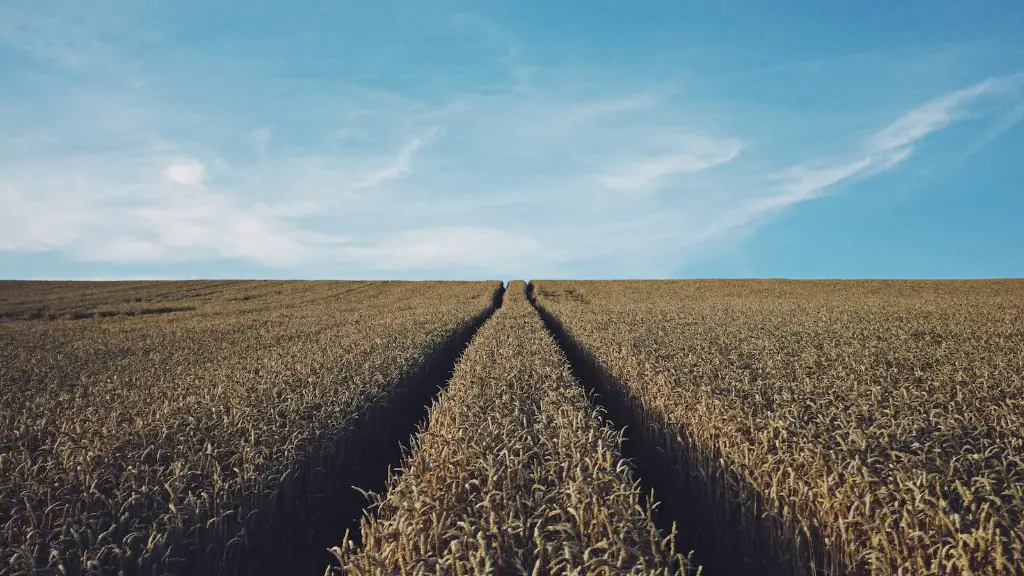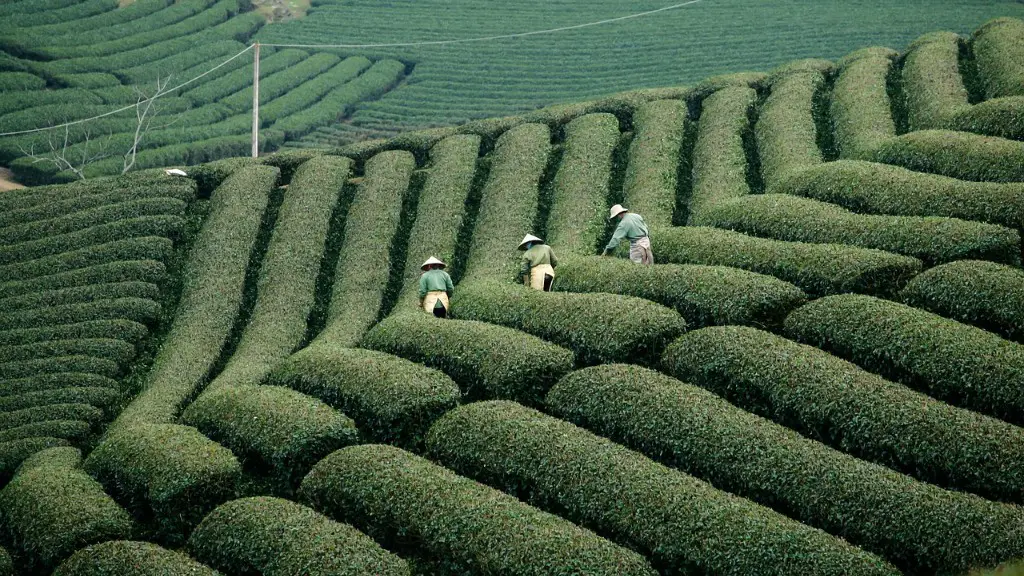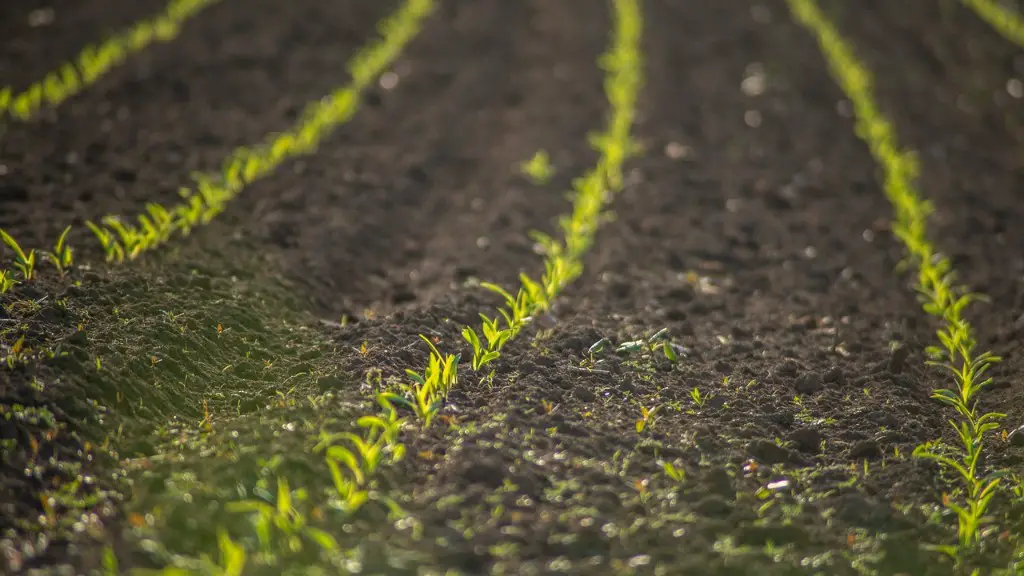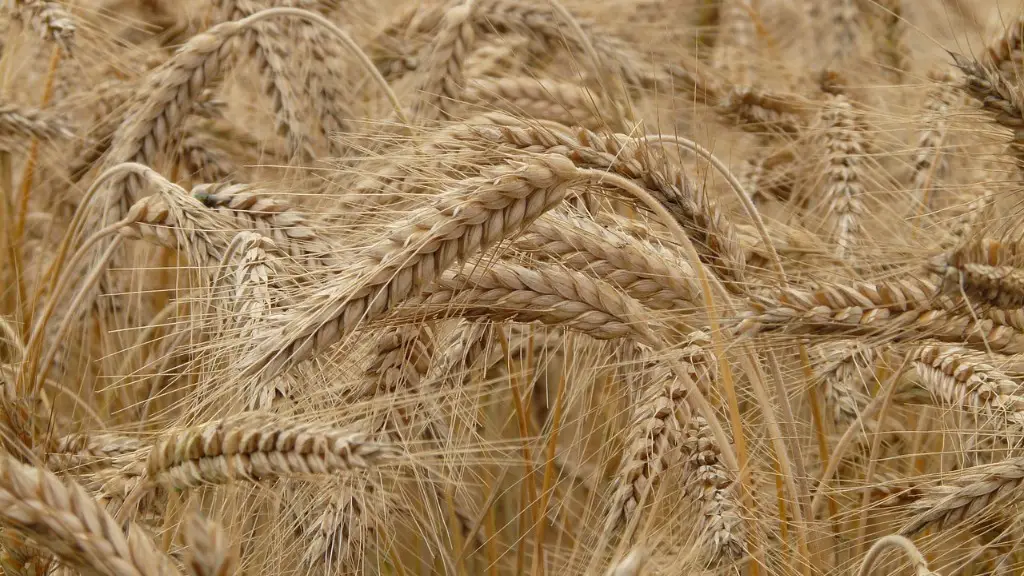In agriculture, night soil is waste material collected from toilets and other sources. It is typically used as a fertilizer in fields and gardens.
Night soil is a term for human feces and urine collected at night from cesspools, privies, etc. and used as fertilizer.
Why is it called night soil?
Night soil refers to human excrement that is collected from cesspools, privies, pail closets, and other sources. This waste is typically removed at night by workers employed in this trade. Night soil can be used as a fertilizer, but it can also spread disease if it is not properly disposed of.
Night-soil is the best fertilizer, compared to other organic fertilizers, as it tends to give a quick response, especially when used as top dressing. Farmers have noted that night-soil should be applied in small quantities as it may lead to crop burn (scorch) if applied in large amounts.
Which is night soil
Night soil is a term used to describe human feces that are collected at night from cesspools or privies. Sometimes, night soil is used as a fertilizer. Another definition of night soil is untreated excreta that is transported without water (e.g., via containers or buckets).
China’s use of night soil is a great example of sustainable agriculture practices. By collecting manure after dark, they are able to keep their soils healthy and productive for centuries. This is in contrast to other civilizations, like the Maya, who allowed their soils to degrade and turn to dust. China’s use of night soil is a great example of how sustainable agriculture practices can help to preserve and even improve the quality of our natural resources.
Why can’t human poop be used as fertilizer?
Using unprocessed human feces as fertilizer is risky because of potential disease-causing pathogens. That risk is exacerbated by use of antibiotics, hormones and endocrine disruptors that appear in all manures.
The potential for disease transmission is the main concern with using human feces as fertilizer. Pathogens in feces can cause a range of diseases, including cholera, dysentery and hepatitis. These diseases can be transmitted to people who come in contact with the feces, either through direct contact or by consuming contaminated food or water.
Another concern with using human feces as fertilizer is the presence of antibiotics, hormones and endocrine disruptors. These substances can interfere with the normal functioning of the human body and may cause a range of health problems. They can also contaminate the soil and water, which can impact the environment and human health.
A few US cities have started using the biosolids from their wastewater systems as a way to add carbon to the soil. This practice, known as biochar, can help improve soil fertility and structure while also sequestering carbon.
What are the advantages of night soil?
Human waste has been used as a valuable agricultural resource since ancient times. When handled safely, its use can contribute to reducing soil degradation and water scarcity in areas like the Lahaul valley. Night-soil can be an important source of nutrients and moisture for crops, and its use can help to improve soil fertility and reduce the need for chemical fertilizers. However, night-soil must be handled carefully to avoid contamination of food crops, and only pathogen-free waste should be used on fields where food crops are grown.
Using untreated night soil as a fertilizer in agriculture or as a source of nutrients in fish farming can be a health hazard due to the pathogens and parasites it may contain. If you come into contact with night soil, it’s important to wash your hands thoroughly to avoid any potential health risks.
Is night soil allowed in organic farming
It is important to note that human excreta can have a good fertilizing potential for plants. This is because it provides essential nutrients and organic matter. In addition, it can help to reduce erosion and build soil structure. However, it is important to note that only composted night soil should be used for agriculture. Fresh night soil should not be used directly in the field.
Solid waste refers to the waste that is generated from our everyday activities. It includes things like food waste, demolition products, dead animals, manure and other discarded material. Solid waste should not contain nightsoil.
The output of solid waste depends on the degree of urbanisation, dietary habits, lifestyles and living standards. It is estimated that solid waste output ranges from 0.25 to 2.5 Kg per capita per day.
Is human urine a good fertilizer?
Urine is a great source of nitrogen, phosphorus, potassium and trace elements for plants. It can be delivered in a form that’s perfect for assimilation, and it’s a constant, year-round and free supply of this resource. This makes it an attractive option for farmers and gardeners.
Chernozems are some of the most fertile soils on Earth, and are found in areas in North America, Central Europe, Eastern Europe and Russia. They formed over several millennia, and require a specific climate and steppe vegetation to maintain their fertility.
Do the Amish use human waste as fertilizer
The Amish in Bourbon County, Kentucky use both human and animal waste as fertilizer on their farmlands. This is done as a way to recycle nutrients and return them to the earth. In addition, it is a practice that is considered to be more environmentally friendly than using synthetic fertilizers.
Many countries around the world, including China, use human waste as an agricultural fertilizer. This practice may promote the transmission of human helminthiases, as the eggs of many helminth species can survive in the environment. Therefore, it is important to ensure that human waste is treated properly before it is used as fertilizer.
Does Mexico use human feces as fertilizer?
It’s good to see that some farmers are turning to more natural methods of fertilizing their crops, like using composted human feces and urine. Unfortunately, agricultural runoff from artificial fertilizers is still harming soil and insects and polluting water in Mexico. Hopefully more farmers will switch to using composted human feces and urine, in order to help protect the environment.
If you can get over the initial “ick” factor, composting your dog’s poop is absolutely worth considering. Not only is it environmentally friendly, but it is a simple, natural, and inexpensive option for use as a nutrient-rich and surprisingly odor-free fertilizer that plants love.
Warp Up
Night soil is a term for human excreta collected at night from cesspools, privies, etc. and sometimes used as a fertilizer.
Night soil is a type of animal manure that is collected from animals that graze at night. It is an important source of nutrients for crops and helps to improve soil fertility.
